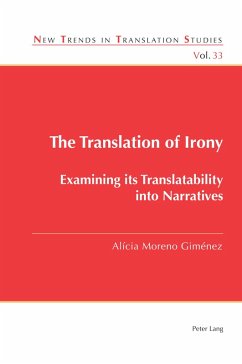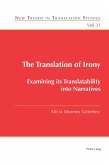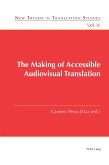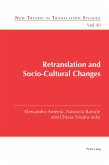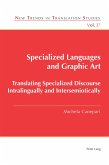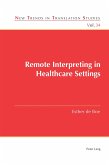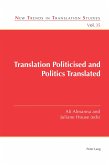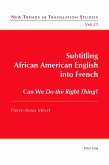Verbal irony is a common phenomenon in communication, but its convoluted nature makes it difficult to translate. This book expands on previous studies of the translation of irony by examining the mechanisms of verbal irony in its translation from Catalan and Spanish into English. It accentuates the importance of ironic cues not only in processing irony but also in rendering it across cultures. It also interrogates its translatability in the narratives of two Latin American authors, Julio Cortázar and Juan José Arreola, and two Catalan writers, Pere Calders and Quim Monzó. Comparative analyses of the source and target texts further reveal obstacles in the cross-cultural communication of irony. Based on a proposed classification of ironic cues, this book provides guidelines for the effective translation of irony. The corpus, which is subject to an interdisciplinary analysis rooted in Discourse Stylistics, comprises a compelling range of short stories that tacitly bespeak the authors' stances towards twentieth-century sociohistorical events as well as more general contemporary issues. The connection between Calders's and Cortazar's exiles and their ironic styles is equally explored.
Dieser Download kann aus rechtlichen Gründen nur mit Rechnungsadresse in A, D ausgeliefert werden.
«Irony and its translation have long been raising complex questions. Hence, studies on this topic are welcome. Alícia Moreno Giménez's most interesting work undertakes a thorough analysis of the different linguistic and pragmatic aspects involved in the communication of irony and its translation in literary works.» (María Ángeles Ruiz Moneva, Universidad de Zaragoza)

